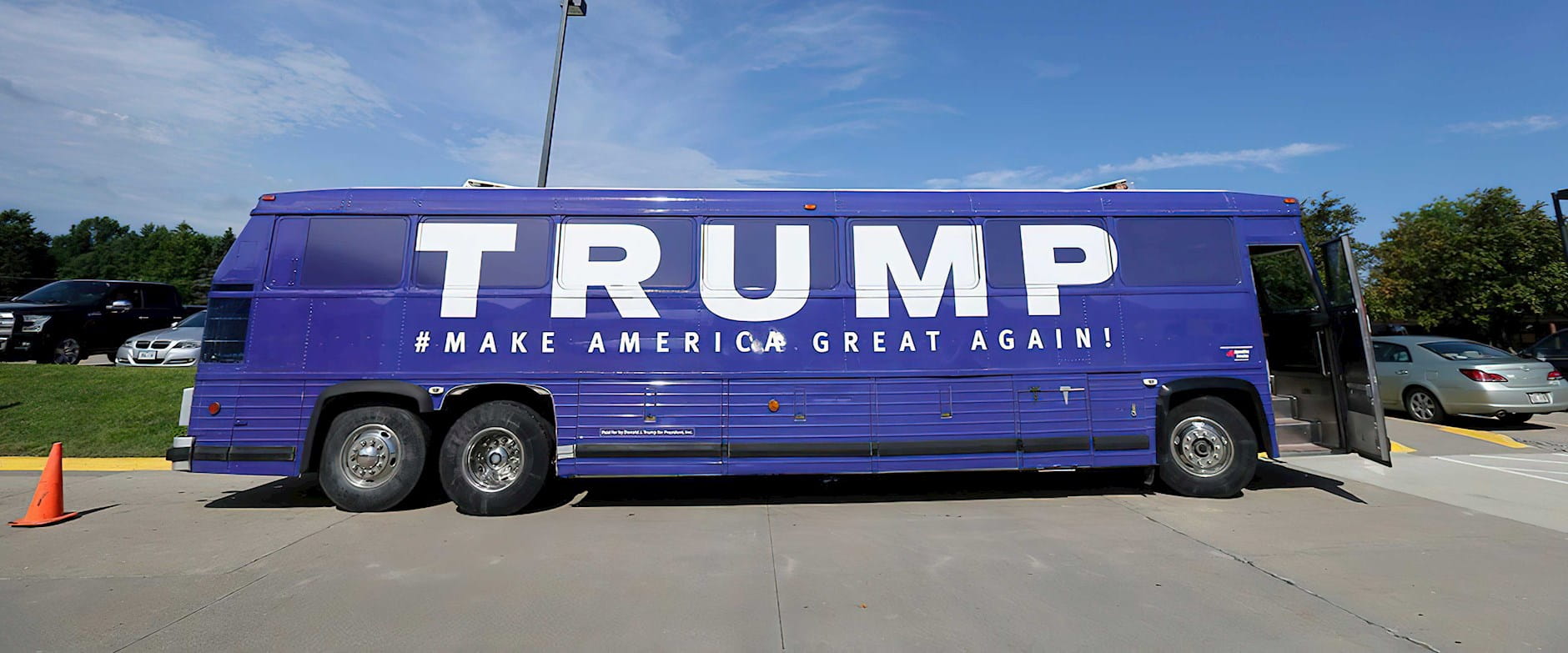Since the 2016 US election, scholars have debated whether the victory of President Donald Trump was caused primarily by economic factors or by cultural displacement and racial anxiety.
The “economics” side of the debate focuses on the dislocation created by increases in imports, particularly from China. The “cultural displacement” side stresses resentment among mostly white, non-college-educated voters toward immigrants and minorities, citing the fears of the majority group that they are losing status as the country’s demographic make-up changes.
Both sides of this debate may be valid, research suggests. Andrea Cerrato and Francesco Ruggieri, two research assistants affiliated with Chicago Booth, and Federico Maria Ferrara, a PhD candidate at the University of Geneva, find evidence that points the way toward a convergence between the “economics” and “cultural displacement” explanations. Their findings suggest that competition from China drove some displaced communities to scapegoat immigrants and minorities—and drove voters in districts where imports are particularly important to elect Republican candidates, who tended to criticize the out-groups explicitly in their campaigns.
Their research builds on a high-profile study released this past December—by MIT’s David Autor, University of Zurich’s David Dorn, University of California at San Diego’s Gordon Hanson, and Lund University’s Kaveh Majlesi—which determined that “growing import competition from China has contributed to a shift to the right in the political beliefs of US adults as well as . . . a shift in congressional voting toward ideological extremes.” In the 2008, 2012, and 2016 presidential elections, Autor’s team finds, trade shocks boosted the Republican nominees.
Cerrato, Ferrara, and Ruggieri—using a methodology that Autor, Dorn, and Hanson developed in a 2013 study—constructed a measure of local exposure to Chinese import competition, pulling data on voting behavior and attitudes toward immigrants and minorities from the 2008–16 American National Election Studies.
They used text data from the American Presidency Project, an online archive of presidential documents, to evaluate Republican and Democratic candidates’ political stances about international trade, ethnic minorities, and immigrants, as expressed through their language on the issues.
“Results show that Republican candidates consistently campaigned on relatively harsher anti-immigration stances and were more inclined to linking minorities to issues of criminal justice . . . [while] Democratic candidates were more prone to advocating social inclusion for immigrants and minorities,” they write.
They conclude that, paradoxically, voters in communities that suffered from trade shocks did not explicitly point to free trade “as the source of their economic malaise.” Instead, they tended to target scapegoats and support politicians including Trump, who had negative views on immigrants and minorities, regardless of those politicians’ views on trade policy.
- David Autor, David Dorn, and Gordon Hanson, “The China Syndrome: Local Labor Market Effects of Import Competition in the United States,” American Economic Review, October 2013.
- David Autor, David Dorn, Gordon Hanson, and Kaveh Majlesi, “Importing Political Polarization? The Electoral Consequences of Rising Trade Exposure,” Working paper, December 2017.
- Andrea Cerrato, Federico Maria Ferrara, and Francesco Ruggieri, “Why Does Import Competition Favor Republicans? Localized Trade Shocks, Voting Behavior, and Scapegoating in the US,” Working paper, March 2018.
Your Privacy
We want to demonstrate our commitment to your privacy. Please review Chicago Booth's privacy notice, which provides information explaining how and why we collect particular information when you visit our website.
